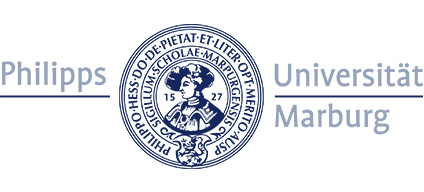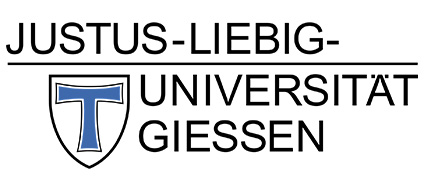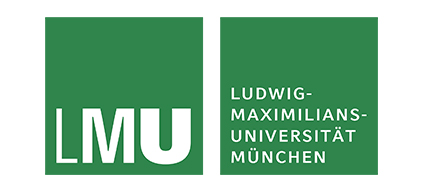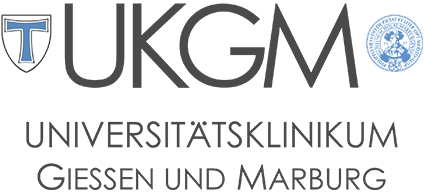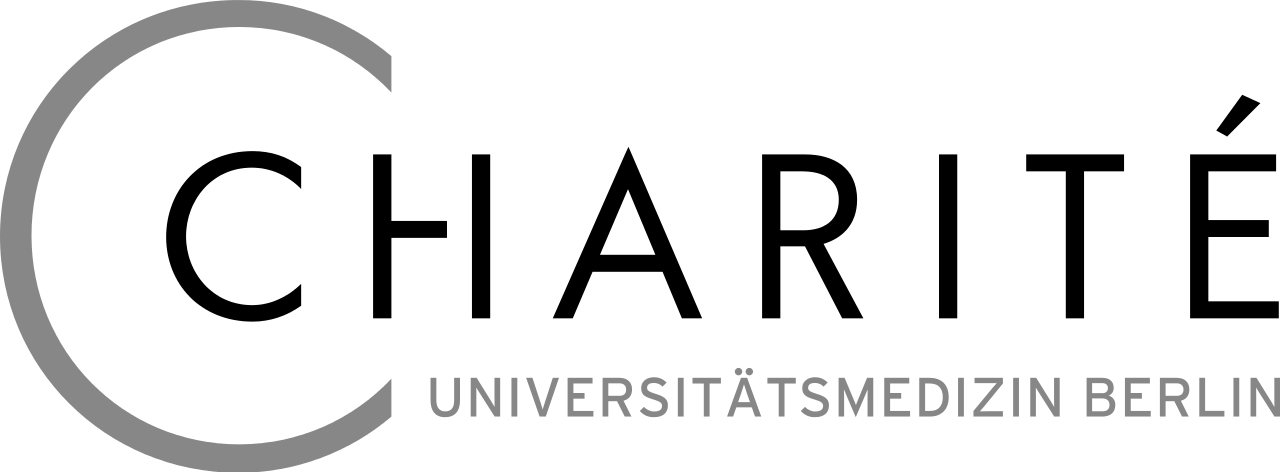Main Content
TP3: Innate immune responses in pemphigus vulgaris

Summary
As shown for psoriasis, innate immunity can serve an important role in T cell mediated diseases. Therefore it is our aim to investigate the value of the innate immune system in the antibody mediated autoimmune disease pemphigus vulgaris. Even though PV relies on the development of anti-Dsg3-specific antibodies, disease manifestation requires additional factors. One of these factors might be the innate immune system.
Previous findings in pemphigus mouse models and ex vivo findings in pemphigus patients suggest that IL-1 and IL-6 which is induced by IL-1 are critical for auto-ab-induced intraepidermal loss of adhesion. Initially, biopsies of diseased lesional PV skin will be investigated for NLR- or TLR-up-regulation by RT-PCR and for caspase-1-, caspase-5-, IL-1alpha-, IL-1beta or IL-6-induction by RT-PCR and activation by western blot. After having shown that cytokines of innate immunity are induced by the blistering disease, keratinocytes are treated with PV IgG in an in-vitro acantholysis assay to induce blistering. Using siRNA or pharmacological inhibition, the functional dependency of acantholysis on the presence of NFkappaB, IL-1, NLRs or caspases will be evaluated. This approach can elucidate the responsible innate pathway for blister formation and dismantle a possibly apoptotic or inflammatory (pyroptotic) cell death. Using an established HLA class II transgenic mouse model, the influence of IL-6 or IL-1R-signaling in the production of anti-Dsg3 antibodies will be tested. To determine whether blister formation depends on the innate immune system, murine PV IgG is transferred into IL-1a, IL-1b, IL-1R, caspase-1 and IL-6 knock out mice.
The proposed experiments will clarify the role of the innate immune system both in vitro, ex vivo and in vivo for antibody production and disease manifestation leading to the identification of new targets that could be used as effective therapy.
Contact
Prof. Dr. Amir Sadegh Yazdi
Project leader TP3
Clinic for Dermatology and Allergology
RWTH Aachen
Pauwelsstraße 30
D-52074 Aachen
Tel +49 241 80 88331
E-Mail: ayazdi@ukaachen.de
Prof. Dr. Jens Malte Baron
Co-leader TP3
Clinic for Dermatology and Allergology
RWTH Aachen
Pauwelsstraße 30
D-52074 Aachen
Tel +49 241 80 88331
Fax +49 241 80 82413
E-Mail: jbaron@ukaachen.de
